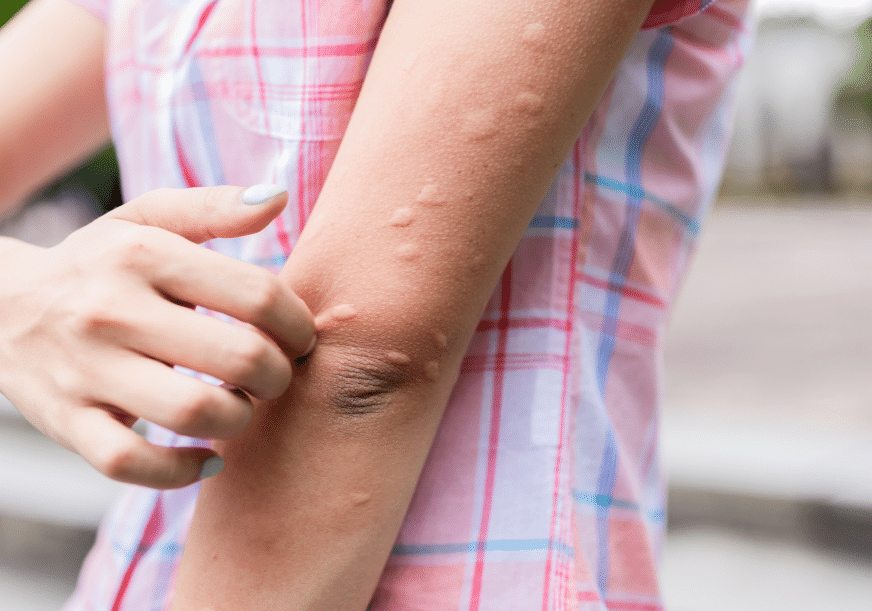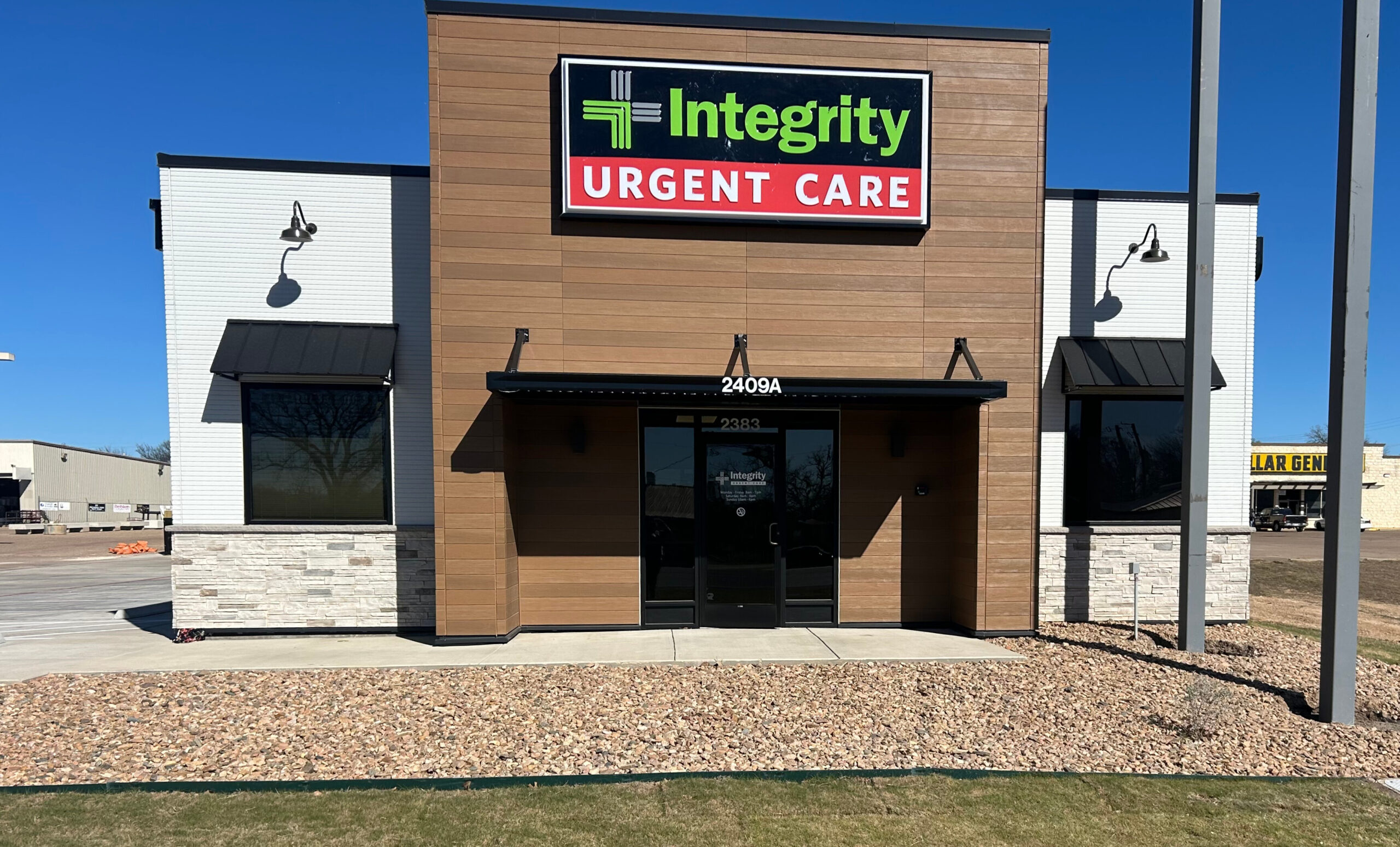Hives are one of those conditions that can happen for a number of reasons. If you have never had them, you may be wondering when or why someone may start showing hives. It could even be confused for some other skin ailment or concern. Our team at Integrity Urgent Care can easily diagnose hives on our patients and help you understand what the cause may be, working to get you back on track.
Symptoms
Hives are a skin condition when bumps, raised patches, or both appear on the skin. They may appear red or pale, they are often itchy, and could feel swollen, especially depending on where they are on the body. Your skin may feel warm, or you may have a burning sensation. They may appear on a small portion of the body or be spread over most of the skin. Most people, according to the American Academy of Dermatology, have hives in “one or more of these areas: abdomen, back, buttocks, chest, upper arms, upper legs.”
Treatment
Hives appear as a natural defense mechanism from the body. Histamine and other chemicals will release from your body when the immune system detects a threat, like a mosquito bite or bad food, to protect you from becoming seriously ill. Other times, hives will come when there is no threat, like with an allergic reaction. For non-allergic reaction, mild cases of hives, the best treatment is to wait it out. They should go away in a few days. An over-the-counter antihistamine can help as can an anti-itch cream. For more serious, long lasting, or frequent outbreaks, you may want to visit a dermatologist to consider additional medication.
Prevention
Prevention will depend largely on why the hives are appearing. If you have an allergy, you need to minimize your exposure to that allergen. If you have isolated all of your known allergies, you may need to reach out to a doctor to see if a new allergy has developed. Certain diseases, like diabetes, could cause hives so prevention may mean tweaking or adjusting the care you receive for those. Additionally, stress can cause hives, so it is important you are managing yourself care as much as you can.
When to See a Doctor
If you are frequently getting hives, see a doctor so the cause can be isolated. You may have an allergy or other medical condition that needs to be diagnosed. While you wait to see a doctor, try to document how often you have them, where they appear on your body, what foods or environmental exposures you may have, and what other symptoms you are experiencing. Further, if you are having issues swallowing, if you have swelling in your mouth or throat, if your heart is racing, or if you feel faint, you need to seek medical care right away. These are signs of anaphylaxis, and you may be facing an emergency.
If you need help figuring out why you have hives or if you need additional relief from hives you have dealt with for a few days, come see our Integrity Urgent Care team. We can help provide you with information and point you in the right direction of figuring out what is going on. Contact us today.



